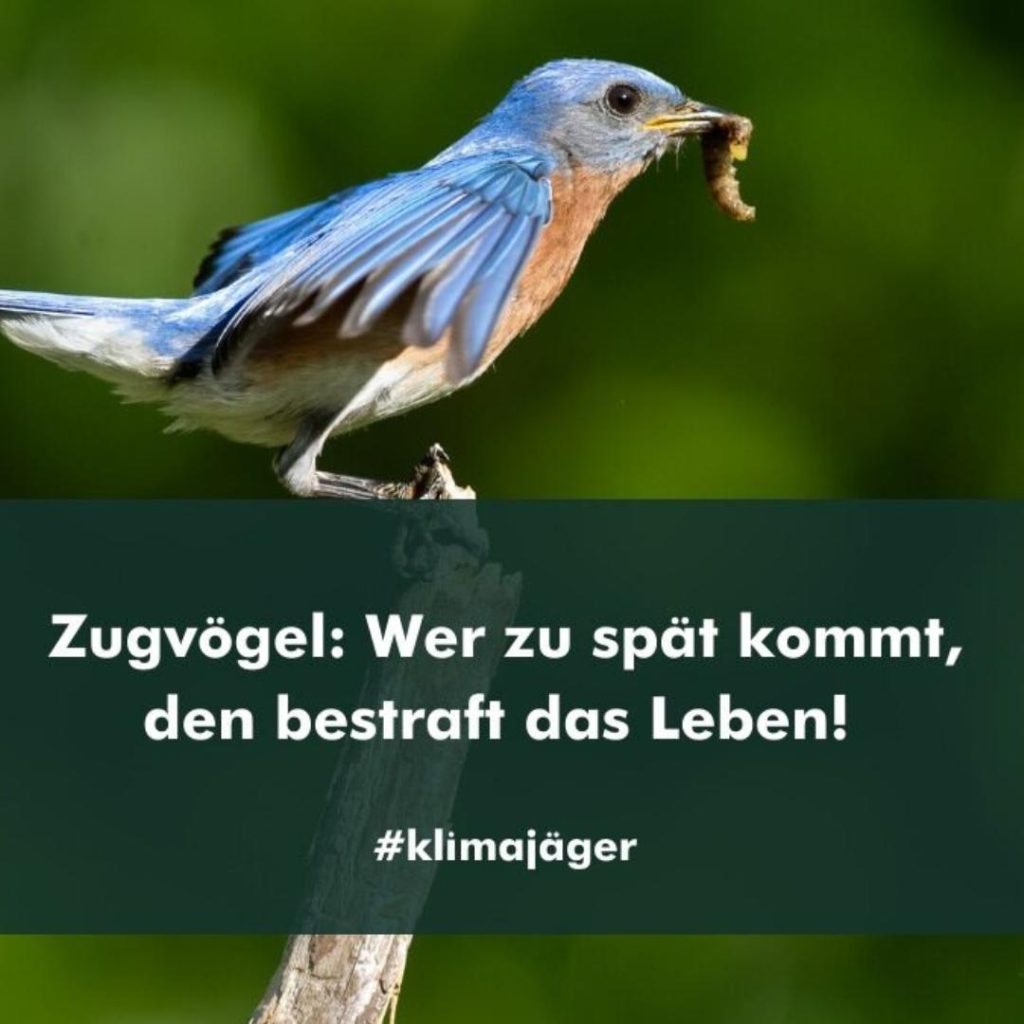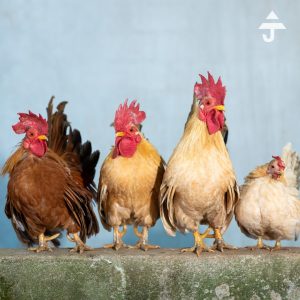Migratory birds under climate stress

Birds must go hungry if they miss out on climate change and miss the table. Long-distance migrants from Africa in particular, such as the cuckoo, are finding it difficult to cope with the ever-faster spring.
Dear roommates!
"Life punishes those who come too late!" Those who fail to recognize the signs of the times will learn the hard way, as Erich Honecker did at the end of the GDR. That was yesterday, today we are in the middle of a much bigger, epochal turning point - and it doesn't just affect us humans. Migratory birds have been under stress for decades due to climate change. They risk a lot. The exhausting flight over thousands of kilometers must pay off in the end. The birds do not come to Europe out of homesickness. They come because they need a set table for their hungry offspring. But what if the buffet has already been cleared?
Enormous pressure to adapt
Beginning with the snowdrops, the vegetation is now starting spring a week or two earlier than just a few decades ago. This triggers a chain reaction. Starting with the caterpillars and butterflies, which have to hurry so as not to miss the leaves and flowers, to the birds that feast on caterpillars and butterflies, to the birds of prey that want to catch mice and other small animals, which also have to come out of hibernation earlier. In England, every third bird species returns from hibernation 9 days earlier, in Germany the blackcap sings in the trees 17 days earlier. Short- and medium-distance migrants in particular - birds that do not leave the continent or head for North Africa at most - are reacting to climate change. Not only do they arrive earlier, they also fly less far or discover new areas for wintering. Red kites, for example, often only fly as far as the south of France and forgo the onward flight to Gibraltar, while blackcaps have now discovered southern England as a winter retreat in addition to southern France, Spain and North Africa. Other birds are reacting to the milder and shorter winters and no longer fly away, risking a hibernation. The reward: as soon as nature stirs, they are on the spot and the competition in Africa is still far away. Robins in Germany, for example, have already given up their nomadic lifestyle.
You can find the whole article here:
Photo ©️ Andreas Jäger






